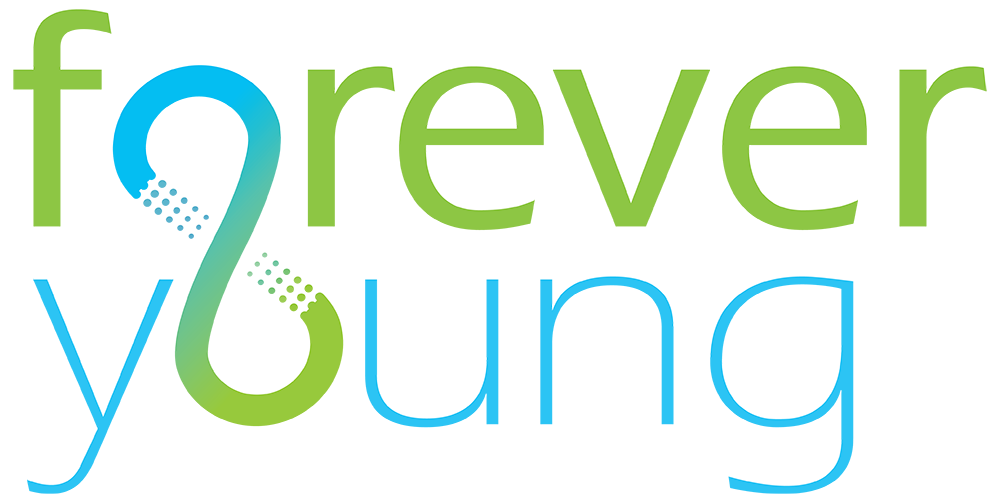By Dr. Mark Stengler, NMD, MS.
Collagen products have been trendy in recent years. There are many questions that my readers and patients ask regarding collagen. In this article, I will address the critical questions regarding collagen supplements.
According to the Cleveland Clinic, collagen is the most abundant protein in the body, accounting for approximately 30% of the body’s protein. It is the primary building block of the body’s skin, muscles, bones, tendons, ligaments, and connective tissues. These biological facts demonstrate that collagen plays an essential role in the structure and function of the human body.
Collagen is comprised of combinations of amino acids, the building blocks of protein. The most crucial amino acids that form collagen include proline, hydroxyproline, and glycine. In addition, our body needs nutrients such as zinc, copper, manganese, and vitamin C to synthesize collagen. Our body makes collagen from foods that provide the amino acids and nutrients I just mentioned.
Food Sources of Collagen
According to a Harvard report, foods that contain the amino acids which may promote collagen formation include fish, poultry, meat, eggs, dairy, legumes, and soy. Foods that provide vitamin C, zinc, and manganese in plants are also important for collagen formation.
Types of Collagen
There are more than 25 types of collagen in the human body. Most collagen is made of types 1, 2, and 3, with type 1 being the most common.
Type 1
-tendons, ligaments, skin(dermis), organs, bones, GI tract
Type 2
-cartilage and connective tissue
Type 3
-skin, organs, blood vessels
Type 5
-hair, skin, the cornea of the eyes
Type 10
-bone and cartilage
Signs of Collagen Deficiency
- Wrinkling and sagging skin
- Skin that bruises or tears easily
- Weak and aching muscles
- Stiff and achy joints, such as seen with osteoarthritis
- Poor gut health such as seen with increased intestinal permeability (leaky gut)
- Brittle hair and nails
Causes of Collagen Deficiency
- Aging
- Smoking
- Excess ultraviolet light exposure (skin damage)
- High cortisol
- Insomnia
- Prediabetes and Diabetes
- Autoimmune conditions such as Mixed Connective Tissue Diseases, Rheumatoid Arthritis, Lupus
- Malabsorption
- Poor Diet
- Exercise
Sources of Supplemental Collagen
Studied sources of supplemental collagen include bovine collagen (Types 1 and 3), chicken collagen (type 2), and fish collagen (Type 1). Our Collagen Wellness product also contain these as well as Types 5 and 10.
How Much Collagen to Take?
I generally recommend a mixed collagen product that has studied hydrolyzed peptides. This refers to smaller units of combined amino acids that the body absorbs. Our Collagen Wellness dosage is one to two scoops daily.
What are the potential benefits of Collagen Wellness?
Studies have shown that Types 1, II, III, V, and X :
- Supports healthy hair, skin, nails, joints & gut*
- Promotes healthy hair thickness & growth, reduces hair breakage*
- Improves the appearance of crow’s feet after 4 weeks*
- Reduces collagen degradation with noticeable results*
- Reduces joint discomfort & helps joints recover faster*
- Reduces knee stiffness at 7 days*
Safety
Collagen supplements are quite safe. If you have a medical condition, particularly kidney or liver disease, check with your doctor before using any collagen products.
References:
Collagen: What it is, Types, Function & Benefits. Cleveland Clinic. (2022). https://my.clevelandclinic.org/health/articles/23089-collagen.
Collagen. The Nutrition Source. https://www.hsph.harvard.edu/nutritionsource/collagen/#:~:text=Foods%20to%20boost%20collagen%20production&text=%5B6%5D%20These%20include%20fish%2C,%2C%20bell%20peppers%2C%20and%20tomatoes.

Dr. Mark Stengler NMD, MS, is a bestselling author in private practice in Encinitas, California, at the Stengler Center for Integrative Medicine. His newsletter, Dr. Stengler’s Health Breakthroughs, is available at www.americasnaturaldoctor.com His clinic website is www.markstengler.com

